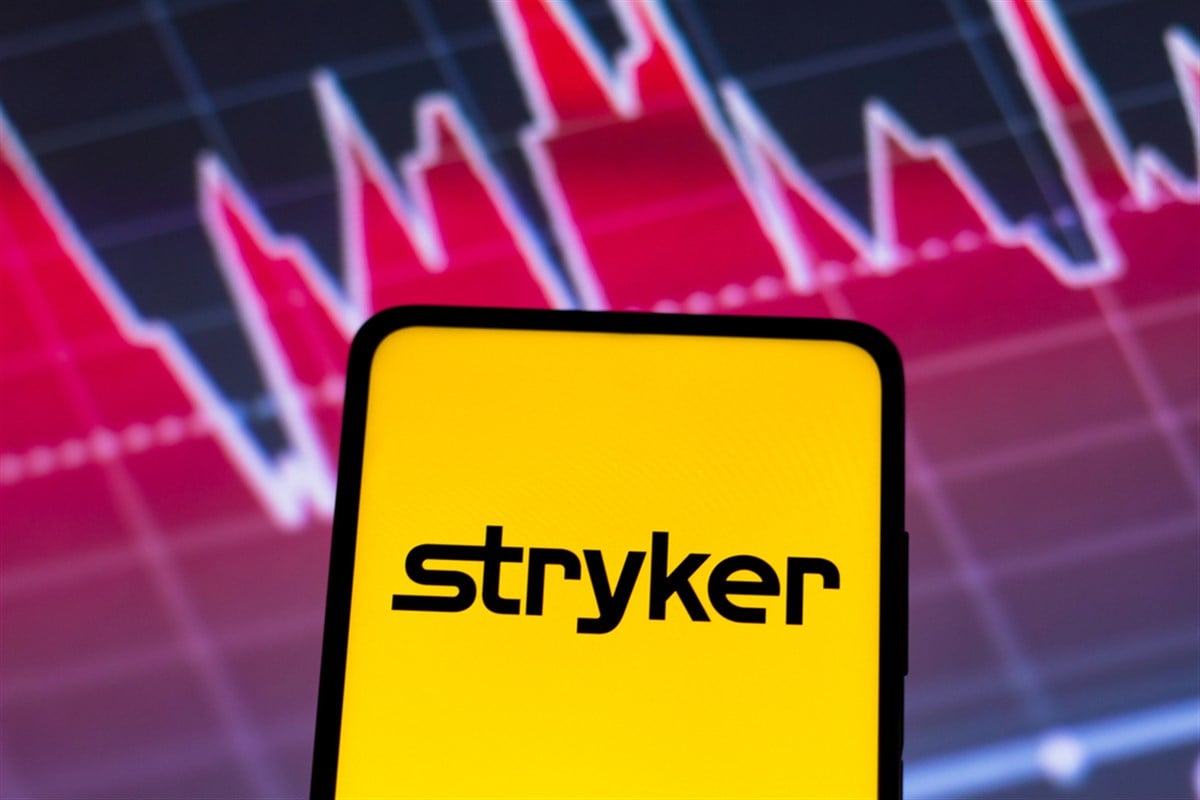
Stryker (NYSE: SYK) is a medical device company that has risen to become the third-largest U.S. firm in the healthcare equipment and supplies industry. The company has often acquired other firms to boost its competitiveness and add capabilities. Still, recent months in 2024 have been particularly active for Stryker when it comes to acquisitions.
Since the beginning of July, the company has closed on or announced purchases of five companies. I’ll dive into what Stryker does and the most important of these acquisitions to help determine whether they make the stock a buy.
Stryker: A Highly Diversified Medical Device Company
Stryker has two reportable segments: MedSurg & Neurotechnology and Orthopedics & Spine. MedSurg provides surgical tools, including minimally invasive devices. These include small cameras used in surgeries. Neurotechnology offers tools for skull and brain surgeries, including stroke treatments. In 2023, this segment accounted for 58% of the company’s total revenue.
The other segment revolves around bodily implants. Orthopedics includes hip, knee, and shoulder implants to replace these joints. The company’s Mako system provides robotics-assisted replacement of these joints. It has similarities to Intuitive Surgical’s (NASDAQ: ISRG) da Vinci system, but the two specialize in different treatment areas.
This segment also provides trauma and extremity implants. Trauma refers to implants used to help repair large broken bones like those in the arms and legs. Extremity implants help repair joints and bones in the hands and feet. It also provides spinal implants. This segment accounted for 42% of revenue in 2023.
Breaking Down Stryker’s Recent Acquisitions
I’ll focus on two of Stryker's recent acquisitions, NICO and Care.ai.
The NICO acquisition now gives Stryker ownership of minimally invasive devices that are used to surgically treat intracerebral hemorrhage (ICH). ICH is the deadliest form of stroke and affects 3.4 million people annually. The current care standard for ICH is medical management. This means doctors keep the patient stable while they hope the body can remove the blood clot over time.
The New England Journal of Medicine published a study where the NICO technology cut patient mortality rates by nearly in half compared to medical management. Additionally, the patients treated using NICO had significantly better quality of life outcomes. Given the large number of patients who suffer from ICH and the impressive efficacy of NICO technology, this feels like a strong purchase.
The care.ai purchase allows Stryker to offer its hospital and health provider customers tools to more efficiently monitor the status of patients. This allows these customers to make better decisions about how to allocate resources across patients. For example, patients can use AI chatbots to assess their condition. They can check whether they need urgent medical care or not.
The company’s technology can also improve the monitoring of patients while they are in the healthcare facility. Its “smart room” technology involves installing sensors that use AI to better monitor the condition of patients. These features can help Stryker's customers better prioritize staff and resources in a facility. They aim to improve patient outcomes and satisfaction.
Overall, this could create value for Stryker customers. However, I am less sold on it compared to NICO. Just because a company uses AI in its offerings doesn’t mean it is truly providing differentiated value compared to what already exists.
In the near term, these acquisitions will not impact the company's financial results. This is likely the case, as the financial details of these acquisitions were not disclosed. The Securities and Exchange Commission (SEC) does not require publicly traded companies to disclose these details unless the acquisitions are expected to have a material impact on the company’s financial statements. Still, they could definitely create value for the company over the long term.
I especially like the NICO acquisition, and it could be a good thing that the company did not have to disclose the price. It might suggest that they were able to acquire the asset at a reasonable cost.
Stryker Is Expected to See Robust Earnings Growth
Analysts expect strong earnings growth over the next two years, especially versus its peers. Analysts expect a 12% annual growth in trailing twelve months earnings per share. That is over double the rate of one of its main competitors, Medtronic (NYSE: MDT).
Two Wall Street analysts raised their price target for Stryker in October. Their average price target implies an upside of 7% for the stock. Stryker remains a strong player in its industry, but these acquisitions don’t move the needle on the stock for me right now.




